Elizabeth Gregory talks to Hayat Mirshad, the activist and journalist fighting for a better future in a country struggling to survive.
Power cuts have been a regular occurrence in Lebanon for decades — but now the country is on the precipice of falling into total darkness. When I meet Hayat Mirshad, activist and journalist, co-founder of feminist NGO Fe-Male and one of the BBC’s 100 Women of 2020, the white light above her flickers, and the signal momentarily drops. “It goes, it comes, it goes, it comes,” she shrugs.
Lebanon is on the brink of collapse. Half the population lives in poverty and nearly 25 per cent of the population are Syrian refugees. Civil protests throughout the country have been ongoing since autumn 2019, with citizens, burdened by unemployment and economic strife, accusing their government of apathy and corruption. The crises worsened first with the pandemic and then with the ‘Beirut blast’ which killed nearly 200 people, injured more than 6,500 people and left more than 300,000 people homeless. While the Lebanese pound has lost almost 90 per cent of its value in the last 18 months, food prices have increased by 400 per cent and sanitary products by 500 per cent making it almost impossible for many to sustain even the remnant of an ordinary life. Women – particularly marginalised women – have been worst hit by the crises. Economically, Lebanon has one of the highest overall gender gaps in the world (ranking 145 out of 153 countries) and women’s labour market participation is at 29 per cent compared to men’s 76 per cent.
“I usually get hope from these women and girls because I believe they are the flame and the core of this movement”
This is the context within which I meet Hayat Mirshad, one of Lebanon’s leading feminist voices. For Mirshad feminism is a way of life, and the only way to end all kinds of injustices – not just those defined as gender-issues. Mirshad has been formally campaigning for women’s rights since 2012, when she set up the first Lebanese feminist radio show Sharika Wa Laken (A Partner Not Yet Equal) aged 24 years old. A year later she co-founded Fe-Male, a feminist collective working to eliminate injustice. Both projects have expanded – Sharika Wa Laken becoming a feminist platform in 2015, and Fe-Male’s projects gaining growing influence – their 2020 ‘Screens Do Not Protect’ campaign reached more than 9 million people, earning the coverage of 60 news stations locally and globally. Fe-Male’s partners include Oxfam, UNESCO and the United Nations Human Rights Commission.
This year Fe-Male distributed 890 hygiene and sanitary packs to areas worst affected by the ‘Beirut Blast’ and economic crises, helping more than 1800 women. Additionally, Fe-Male has worked to train 250 journalists on gender-sensitive media reporting, to help journalists working with women survivors of gender-based violence (GBV). Fe-Male also offers self-care and wellbeing retreats for journalists of all genders.
“I’m really passionate about what I’m doing,” Mirshad explains. “I enjoy it every time I talk with young girls. To see that I was able to influence, support and to change something in their minds and provide them with a safe space to express, so they feel that there is someone who can understand what they are going through.
“Every time I support a survivor of GBV, every time someone calls to say: ‘You were able to change my life and I’m now working, successful, independent, happy, free, protected’ – I usually get hope from these women and girls because I believe they are the flame and the core of this movement.”
Growing up in a conservative family in a village on Mount Lebanon, 40 miles north of Beirut, Mirshad witnessed discrimination against her female friends and relatives, while experiencing it herself. A “feminist to the bone”, Mirshad questioned traditional practices even as a child. She could not understand why boys were allowed to go to camp while girls had to stay indoors, or why boys were rewarded in school with a game of football while girls stayed in the classroom. But it was reading Egyptian feminist Nawal El Saadawi’s once-banned book Women and Sex as a teenager, that offered Mirshad real solace, as the author explained that the unfair gender stereotypes were created by society and were not immovable.
“I am certain that I’m doing the right thing. If I didn’t have an influence, they would not spend time attacking me“
“It was the first time that I felt like there was someone thinking like me, saying that this is wrong,” explains Mirshad. 89-year-old Saadawi died of natural causes only days before our spring meeting, with Mirshad saying, “It’s a bit emotional to speak about at this point.” Except for this quiet moment, the campaigner is wildly charismatic, oozing purpose. Although we are talking about Lebanon’s current undoing, Mirshad shows no signs of exhaustion. Eyes gleaming, corners of her mouth upturned, she talks about her ambitions for change. “It hurts a lot to know that this system is killing us,” she says.
A recent accomplishment for activist groups was a December 2020 harassment law passed by the Lebanese parliament, which expanded upon a 2014 domestic violence law. The new law criminalises sexual harassment, and makes Lebanon the first Arab country to criminalise online sexual harassment. Perpetrators can now spend up to four years in prison and can face fines of up to 50 times the minimum wage. However, Human Rights Watch said that the new laws fell short of international standards as they do not attempt to prevent or monitor sexual harassment. Marital rape is also not covered by the reforms.
There is fierce debate in feminist circles in Lebanon about whether advocacy works, or whether legislative reform is necessary, but Mirshad believes it is. Speaking about the December sexual harassment law she says, “For me, it is a good step forward. In Lebanon we never had any change, or any achievements for women, that were given to us like a gift. Every time we were able to pass a law, or amend a law, it came after years and years of struggle, from women and from the feminist movement.
“If you lose hope, if you are not optimistic, there is no meaning to life”
“So I owe this to the feminist movement, not the Lebanese parliament. And I owe this to women: Women who died because of domestic violence, and their mums and their families who pushed a lot to pass this law.”
The movement has been met with backlash, with most virulent attacks coming from Lebanese religious leaders. Mirshad says that it is these leaders who interfere in legislation and push back against every feminist campaign she is part of: “They don’t want to lose their authority on everything related to our lives.” But over time she has come to ignore the reactions. “I am certain that I’m doing the right thing,” says Mirshad. “If I didn’t have an influence, they would not spend time attacking me.”
As our interview comes to a close, we speak about the explosion that destroyed Lebanon’s capital. It is the first time I see Mirshad remotely defeated. It will soon be a year since the ‘Beirut Blast’, which occurred after nearly 3,000 tonnes of ammonium nitrate stored in the city’s port detonated, becoming one of the biggest non-nuclear explosions in history. According to a university study, the blast was about one twentieth the size of the atomic bomb dropped on Hiroshima, Japan.
Mirshad was driving to her hometown to collect her children when the ammonium exploded. Her son who was staying in the mountain village was woken by his shaking bed. The blast was heard in Cyprus, which is more than about 200km across the Mediterranean. According to Mirshad, no one from the government came to help clear up. Activists – including those at Fe-Male – and civilians worked together to create a recovery network and to organise cleaning and support.
“We live to experience everything in Lebanon”, says Mirshad. “We experienced war, we experienced Israeli attacks, we experienced the security threats, we experienced economic and social situations. But to reach a point where you explode your whole capital – this is something really heartbreaking.”
With her country facing such extraordinary challenges, and with women facing further injustices, I ask Hayat Mirshad if she is an optimist, to which she says yes. “I am realistic in terms of I know that change needs time and it also needs struggle,” she says. “But for me, hope is the secret of life. If you lose hope, if you are not optimistic, there is no meaning to life.”
To read article on original source, press here.

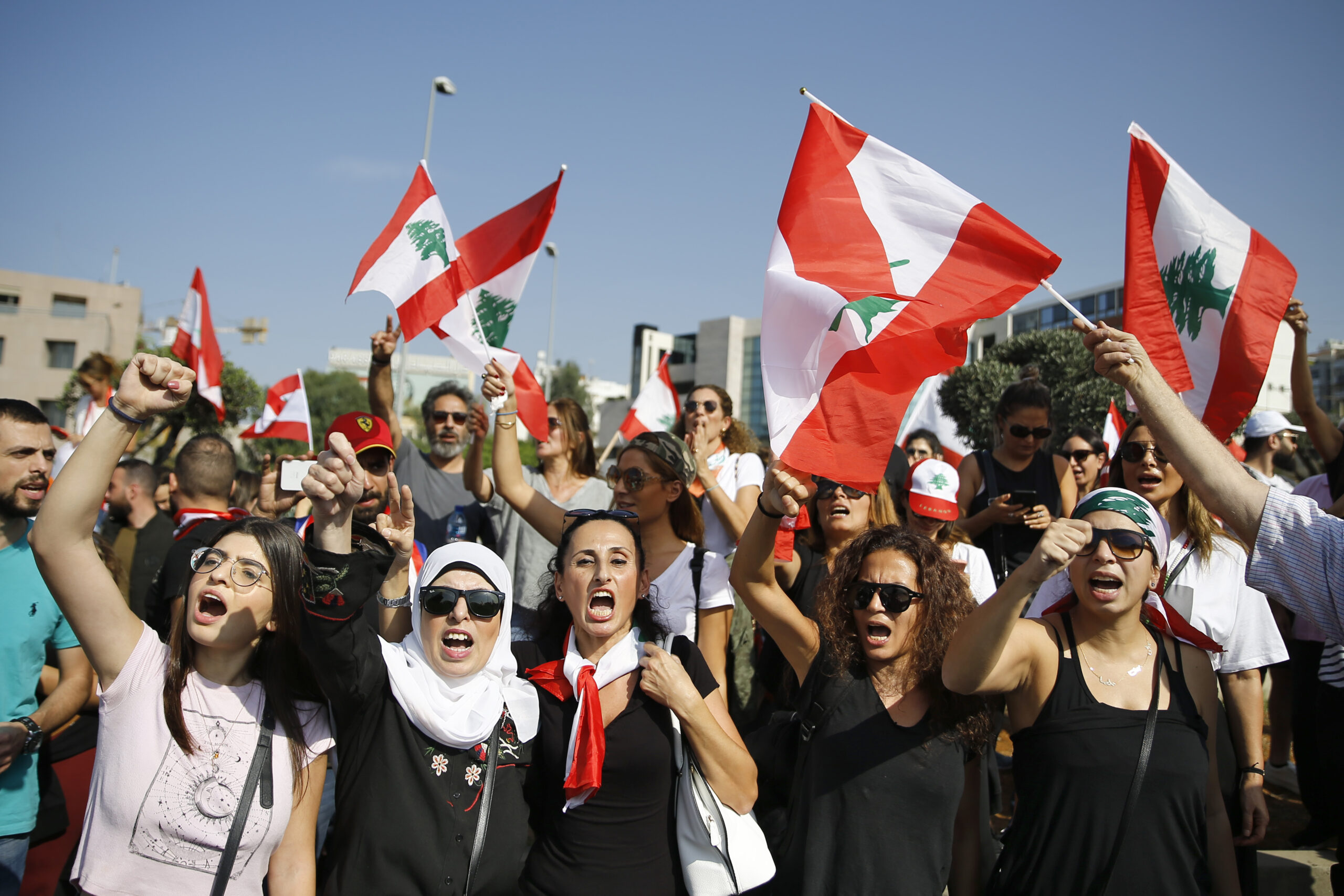
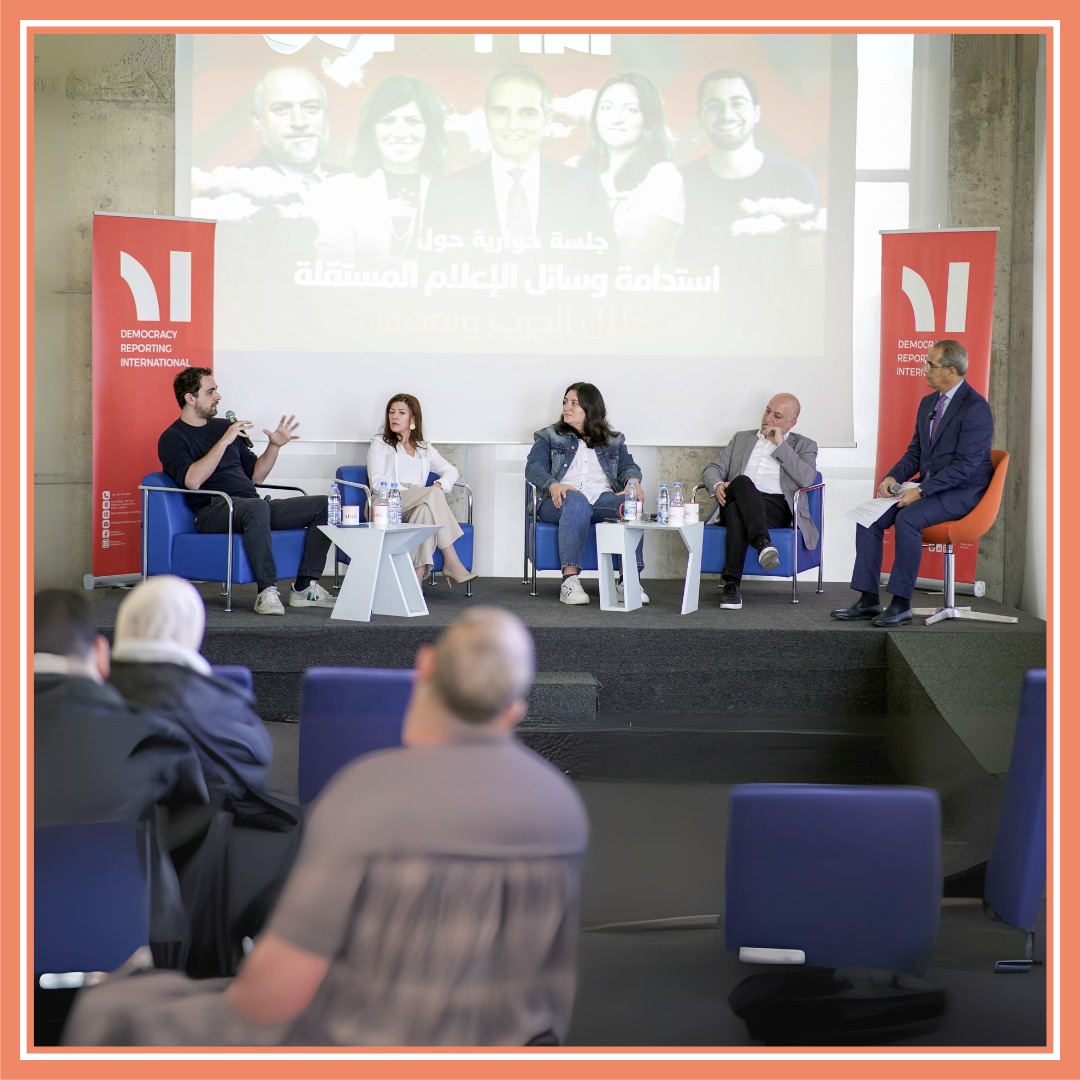
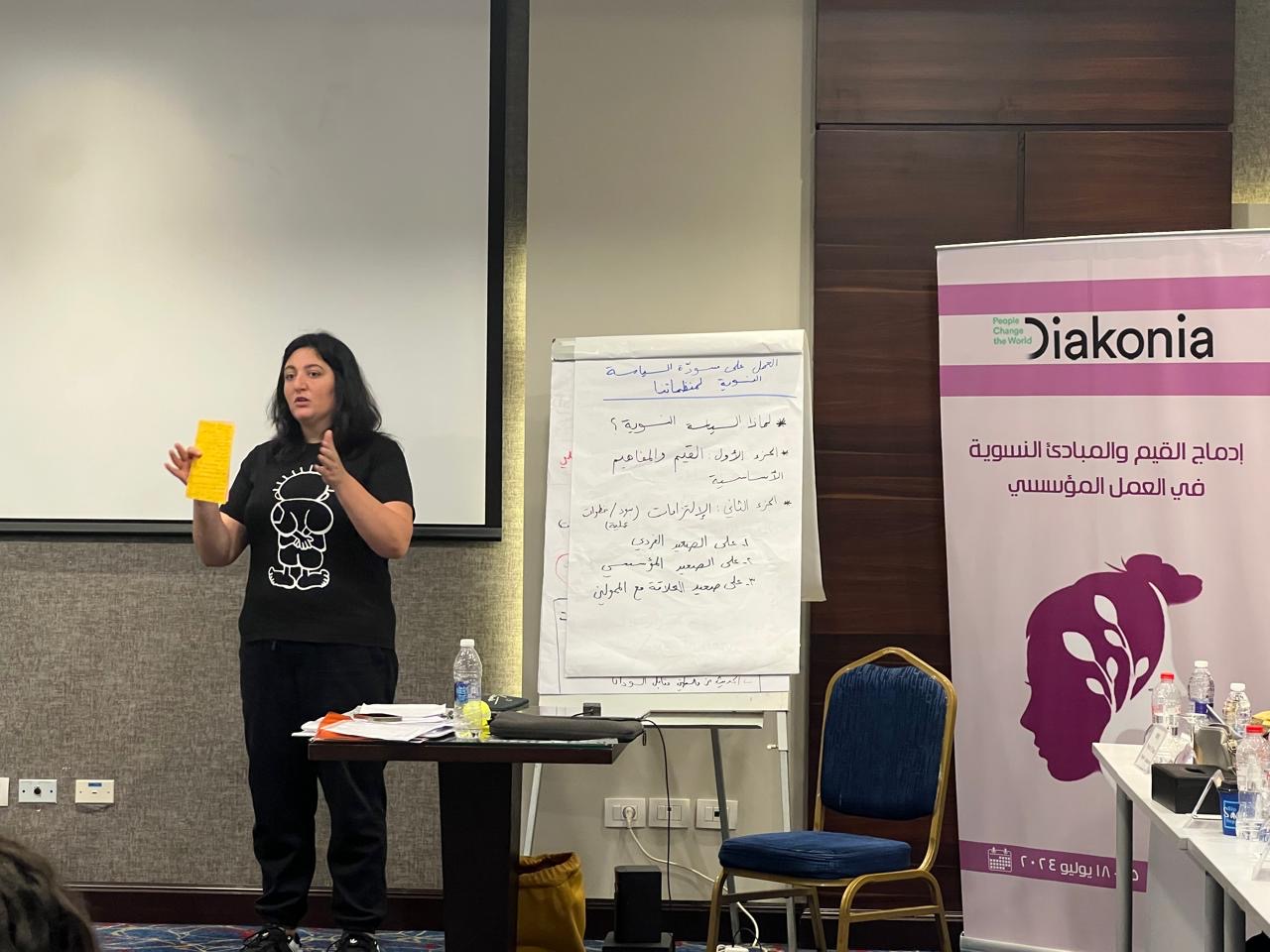
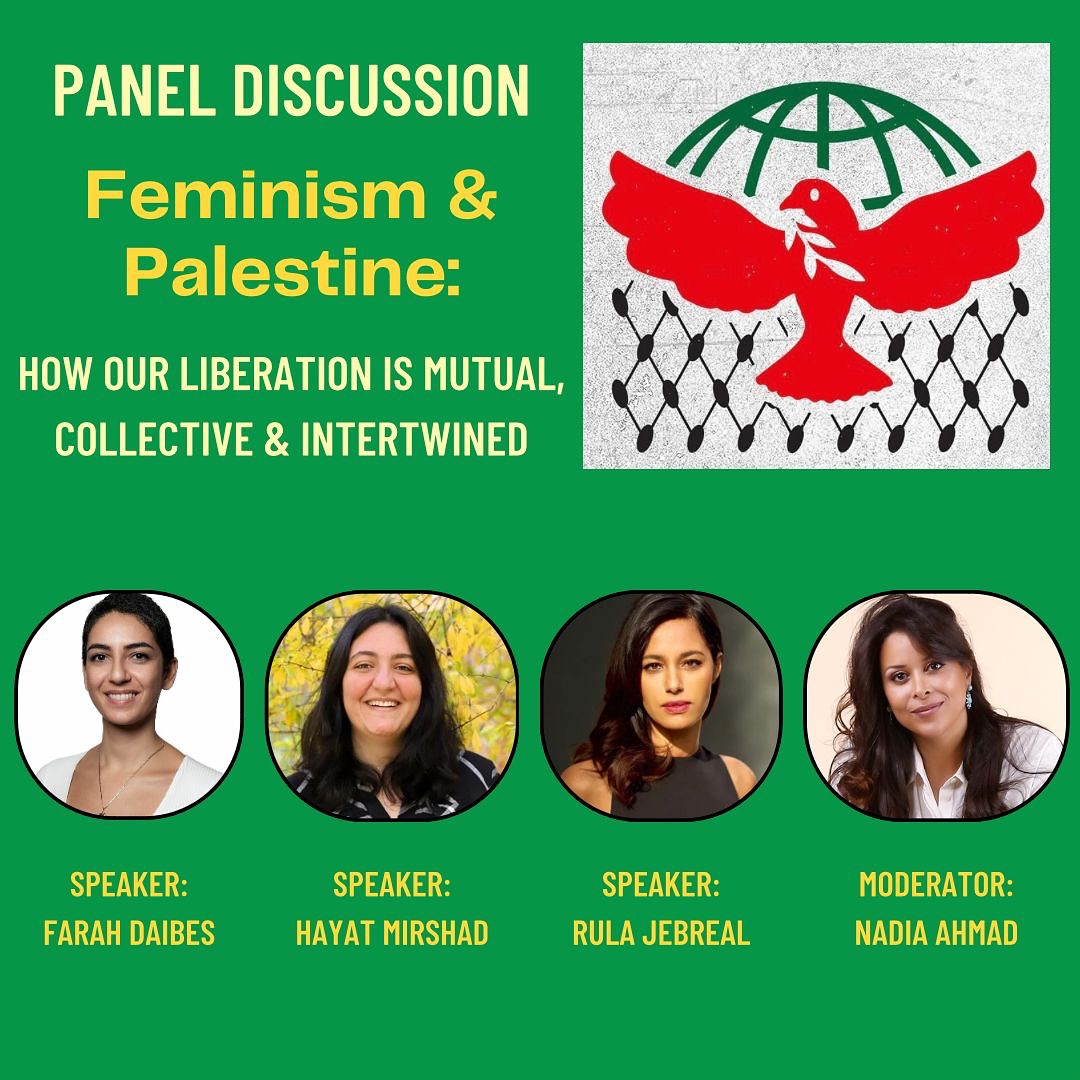

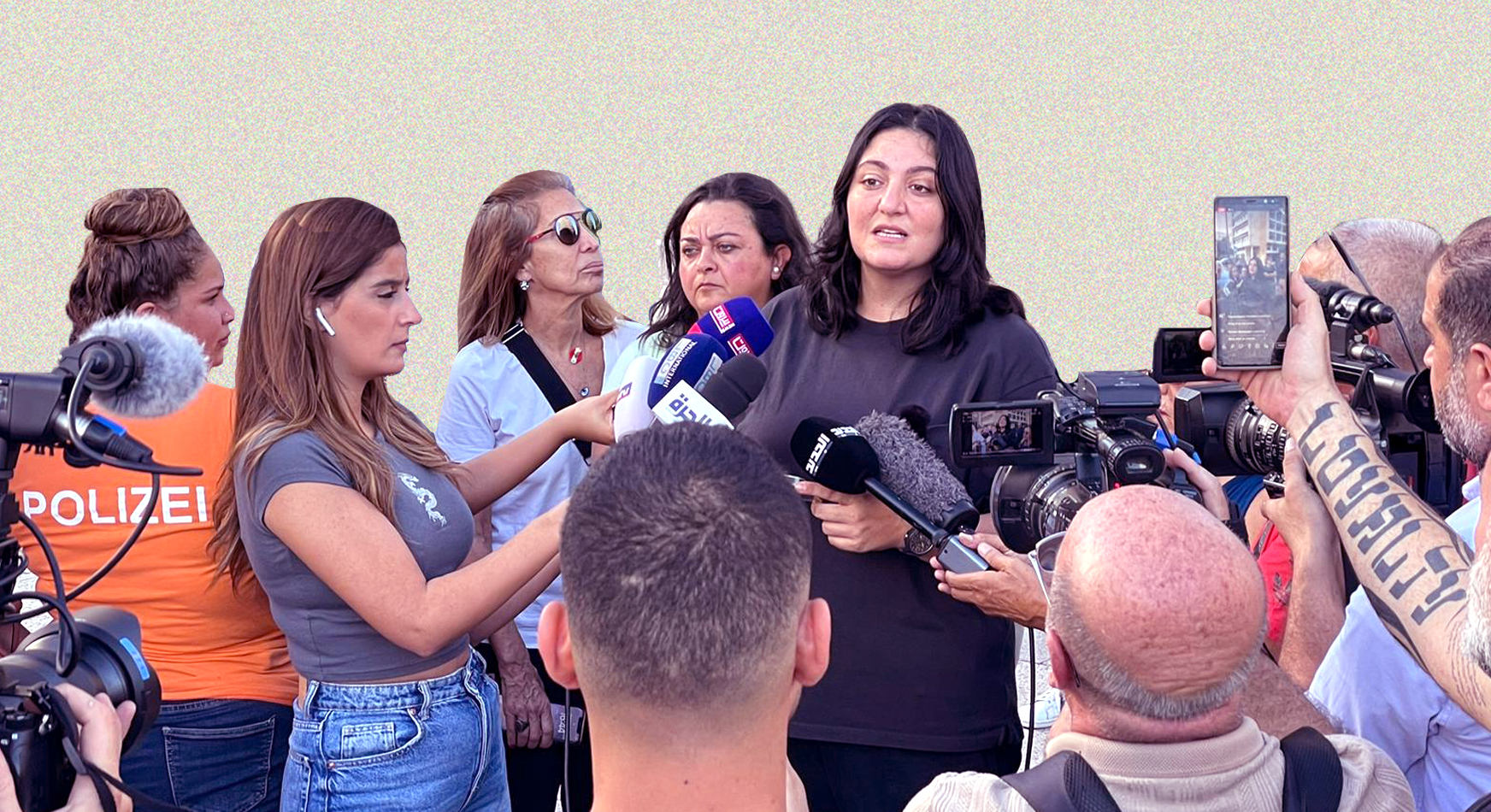
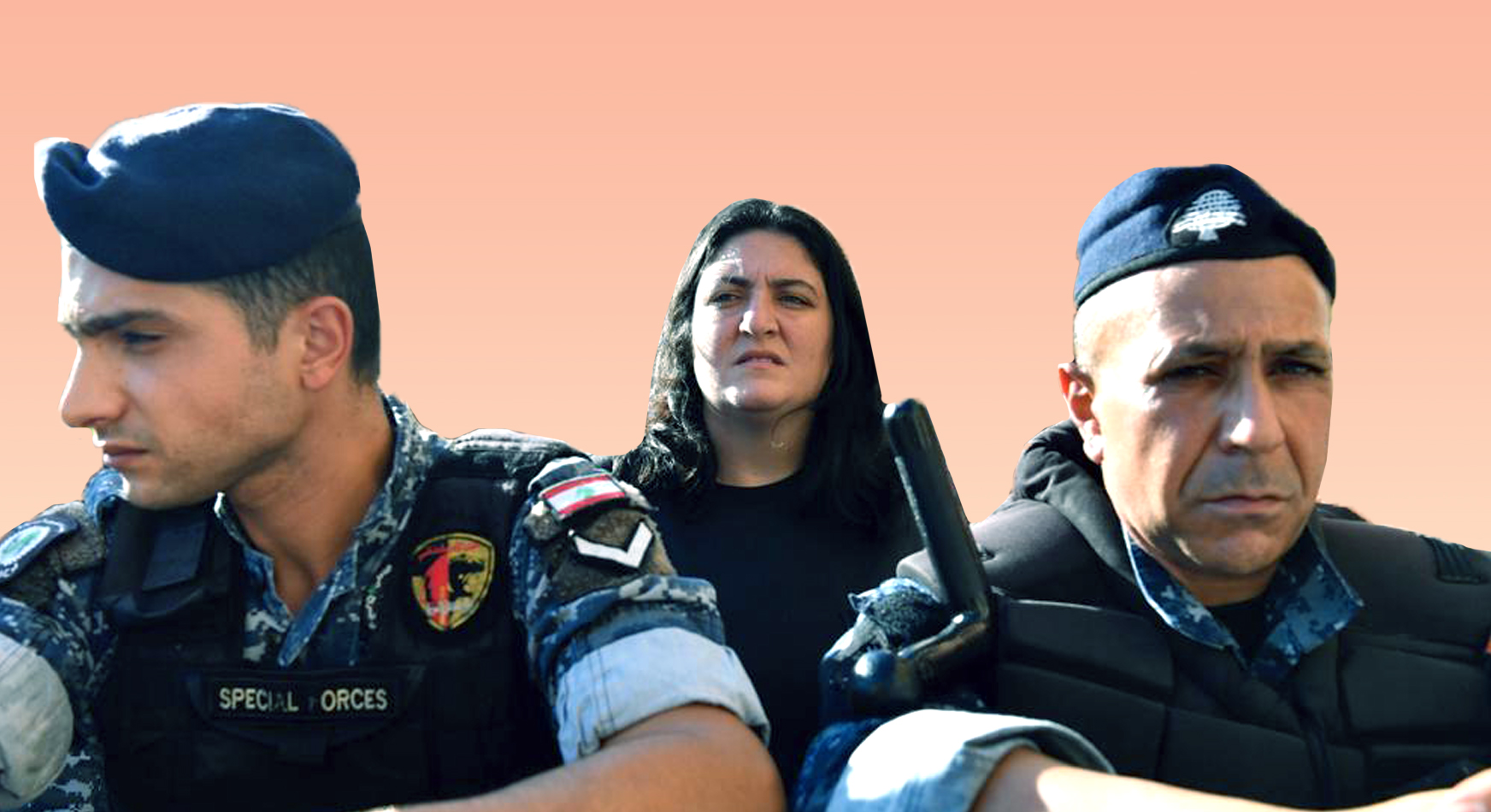
Leave A Comment